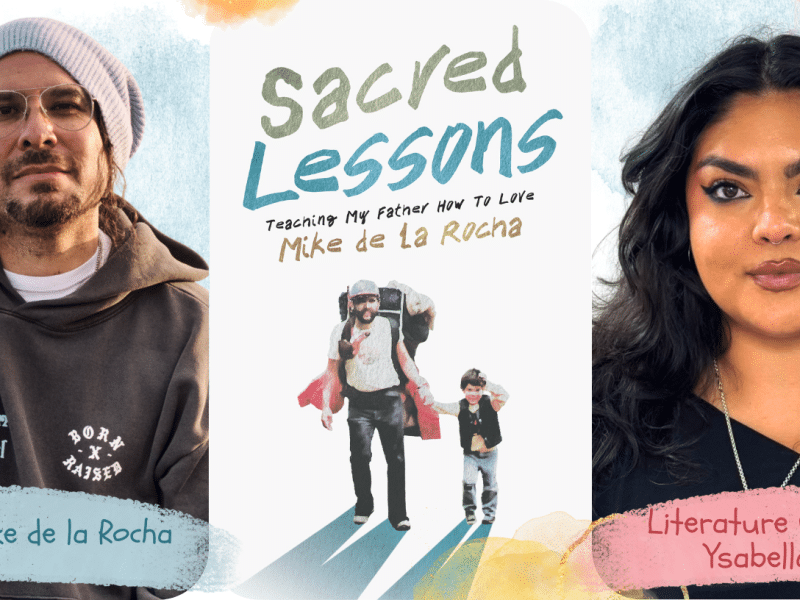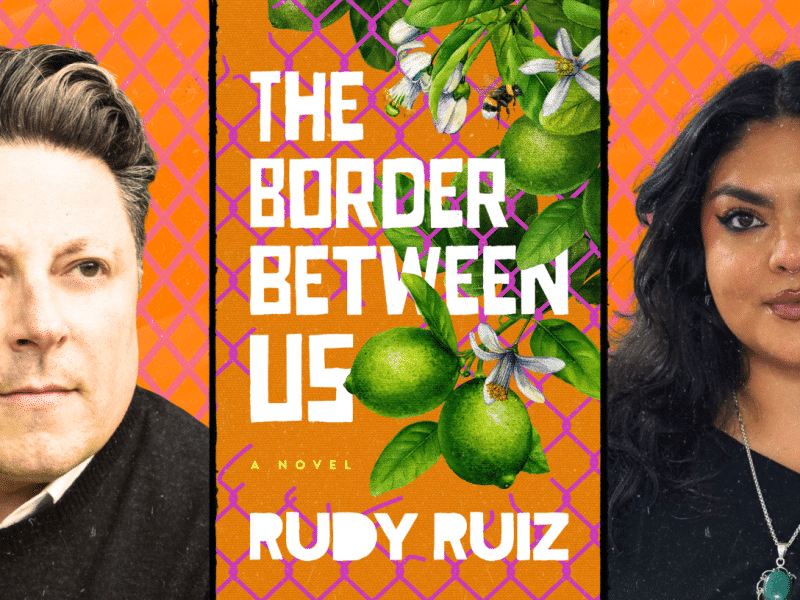8 Must-Watch Queer, Latine-Directed Films
Cinema isn’t just about popcorn and a good story, it’s also a reflection of who we are and the world we live in. Queer cinema, in particular, has been a powerful voice in breaking taboos and advocating for diversity.
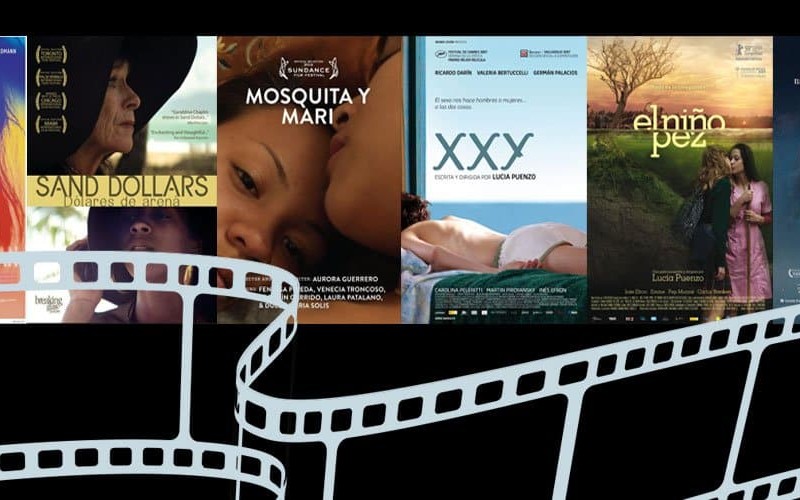
Cinema powerfully reflects and shapes society, with queer cinema pushing boundaries and advocating for diversity. When blended with the rich diversity of Latine culture, it births an enlightening and varied cinematic journey.
At Luz, we champion these less-explored narratives and unheard voices. Today, we present a handpicked list of films that fuse queer narratives with Latine creativity, spanning stirring coming-of-age stories to compelling dramas, all poised to inspire, move, and provoke thought.
Mosquita y Mari (2012)

Directed by the gifted Aurora Guerrero, “Mosquita y Mari” is a coming-of-age tale that brings to life the complexities of adolescence, identity, and blossoming queer romance. The film’s protagonists, Yolanda, an excellent student, and Mari, a rebellious newcomer, meet as high school friends in their Huntington Park neighborhood in Los Angeles. Their relationship evolves subtly and authentically, eventually challenging their traditional expectations of friendship and compelling them to reflect on their ambitions and dreams.
A Fantastic Woman (2017)
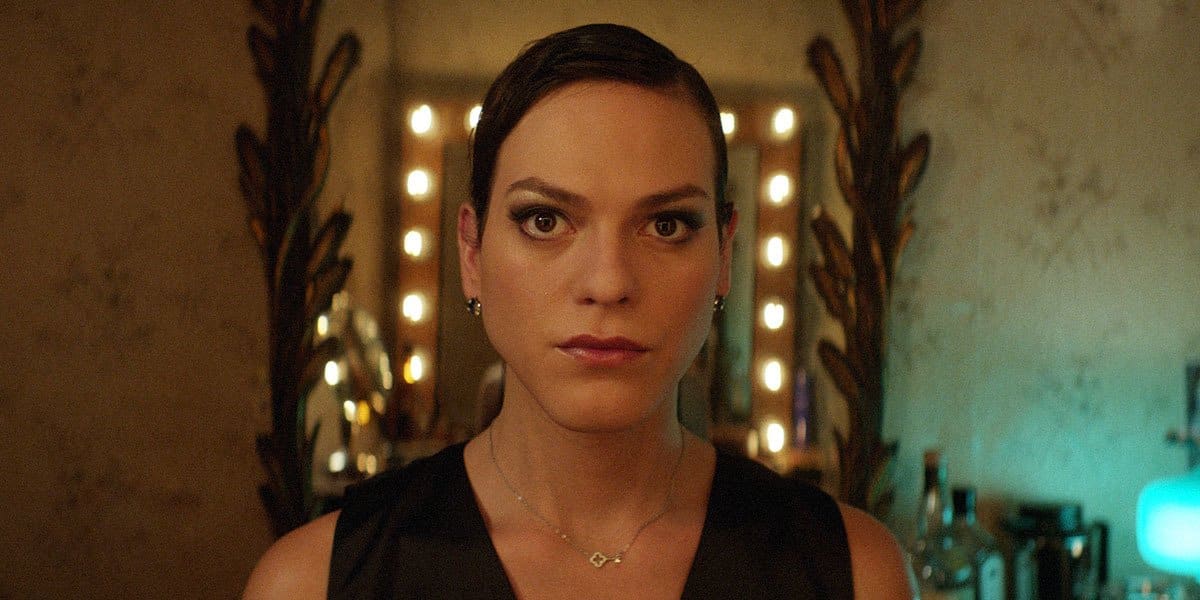
Directed by Sebastián Lelio, “A Fantastic Woman” is a Chilean film that tells the story of Marina, a transgender woman who faces prejudice and discrimination after her partner’s death. The film is notable for its delicate handling of transgender identity and for its lead, Daniela Vega, a trans woman, adding authenticity and depth to the character. The movie won an Academy Award for Best Foreign Language Film, reinforcing its critical and cultural significance.
The Garden Left Behind (2019)
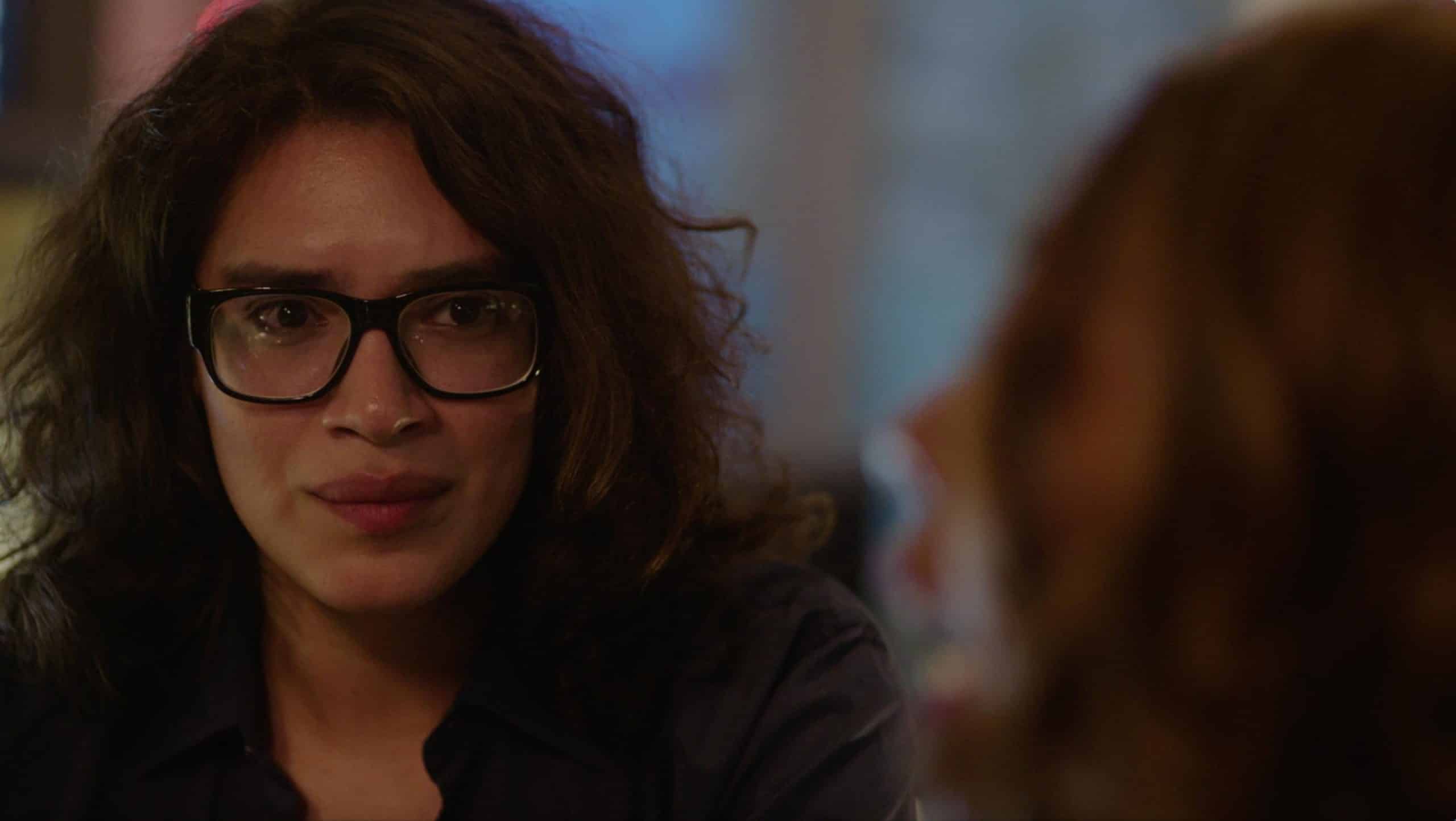
“The Garden Left Behind” is a sensitive and thought-provoking film directed by Flavio Alves. This independent film centers around Tina, a young, undocumented Mexican trans woman, as she navigates her daily life in New York City. As Tina struggles with societal acceptance and battles the bureaucracy of healthcare, she finds strength in her community and her relationship with her grandmother. “The Garden Left Behind” provides a rare look into the lives of undocumented, transgender, and immigrant communities, offering a nuanced depiction of resilience and identity.
Sand Dollars (2014)

Co-directed by Laura Amelia Guzmán and Israel Cárdenas, “Sand Dollars” is a nuanced drama exploring a transactional queer relationship. The film focuses on Noeli, a young Dominican woman and tourist escort, involved in a complex relationship with an older French woman, Anne. Amidst the power dynamics and emotional complexities, Noeli plans to use Anne to secure a visa to reunite with her mother in Barcelona. Based on Jean-Noel Pancrazi’s novel, the film stands as a unique addition to queer, Latine cinema with its impending sequel, “Noelí Overseas”.
XXY (2007)

Directed by Argentine author, screenwriter, and film director Lucía Puenzo, “XXY” explores the rarely depicted life of an intersex teenager. Inés Efron stars as Alex, a 15-year-old intersex person living in Uruguay as a girl, suppressing her masculine features with medication. As Alex navigates the complexities of her identity amidst societal pressures and her mother’s desire for her to get sex reassignment surgery, she starts a relationship with the son of a visiting surgeon. The film is a poignant critique of the need to conform to social norms and how parents’ need to define their children by a specific gender can be more harmful than supportive. These topics are still relevant today. This wouldn’t be the last time Puenzo explores queer experiences through her work, which brings us to…
The Fish Child (2009)

In “The Fish Child,” Lucía Puenzo continues her exploration of queer themes with a thrilling narrative. The film stars Inés Efron as Lala, a wealthy girl who gets involved in a murder that threatens to incriminate her and her girlfriend, Ailin. As they plan to escape to Paraguay, their journey becomes a tense fight against societal injustices and personal secrets. Combining film noir with magical realism, “The Fish Child” touches on themes like class, abuse, and misogyny, with a focus on the resilience of the lesbian couple at the center of it.
Extra-Terrestrials (2016)

Puerto Rican director and screenwriter Carla Cavina‘s “Extra-Terrestrials” is a sci-fi dramedy featuring one of the first same-sex couples in Puerto Rican cinema. Teresa, played by Marisé Álvarez, returns home to Puerto Rico with her partner Daniela, aiming to reveal her sexuality to her family. The film dives into the secrets and complexities within Teresa’s family, highlighting the universal struggle for acceptance and connection that many LGBTQ+ people go through, especially within Latino culture.
Aristotle and Dante Discover the Secrets of the Universe (2023)

Directed by Cuban Aitch Alberto, “Aristotle and Dante Discover the Secrets of the Universe” is a touching coming-of-age story set in 1987 in El Paso, Texas. The film follows two Latino boys, Aristotle and Dante, as they explore their feelings for each other amidst societal and internalized homophobia. Alberto did a wonderful job at capturing the tender, profound emotions of self-discovery and the challenges of being Latine and queer in the 1980s.
In the shared language of emotion and empathy, cinema has the power to unite diverse experiences. These films represent an important segment of queer, Latine-directed cinema, each offering a unique lens into the realities of queer lives within the Latine context. As the world of cinema grows more inclusive and diverse, we look forward to more such narratives that continue to break barriers and celebrate the diversity of the human experience.


